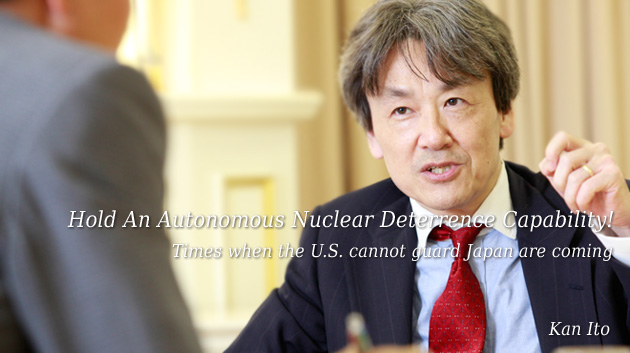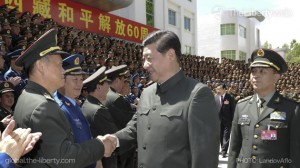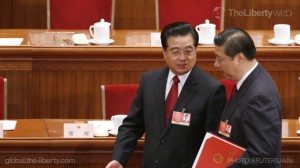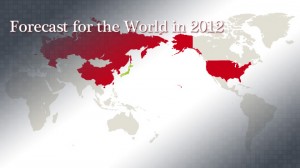Hold An Autonomous Nuclear Deterrence Capability!
~Times when the U.S. cannot guard Japan are coming~
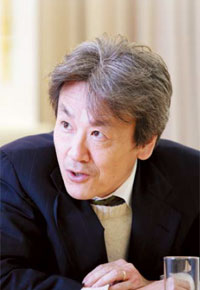
Kan Ito
(1953 – ), international political and financial analyst, is a graduate of the Faculty of Economics, the University of Tokyo, Japan. After studying the history of politics and international relations at Cornell University, he started working for a business consulting company in Washington, USA.
Publications
Japan Will Surrender to China’s Nuclear War Potential, Shogakukan Inc., February 2011
Legalize the Autonomous National Defense System Immediately! (written jointly with Kimindo Kusaka), Rihakusha, April 2011
“Will the U.S. really guard Japan after this?”
We interviewed Mr. Kan Ito, international political analyst, about what Japan’s autonomous national defense should be, continued from the article in last month’s issue of The Liberty, “The U.S. 2012 Presidential Election Campaign Has Started”.
Countries being put in an unfavorable position under the “balance of power” will be wiped out.
I usually use the phrase, “holding an autonomous nuclear deterrence capability” rather than “arming with nuclear weapons”, aiming at distinguishing in meaning between the capability under the pressure of necessity and the capability to seize a preemptive nuclear attack, or to exchange shots each other. Japan’s neighboring countries, such as North Korea, Russia and China all hold nuclear weapons. In South Korea, sixty to eighty percent of the people favor holding them according to the results of opinion polls. Most of them said that, even in case of the birth of a united Korea, South Korea should never abandon the North’s nuclear weapons. Thus, nearly all Japan’s neighbors are nuclear powers which begs the question, “Can we survive without nuclear weapons, or shall we arm with them?”
International politics in the past 500 years has mostly worked under the logic behind the balance of power. Countries being put in an unfavorable position, especially under the balance of the military strength, lost the right of independence and autonomy. Such countries became dependencies of a greater power or when the situation worsened, they were wiped out, or annexed by the greater power. These all happened rapidly. Some typical examples are Poland, the XinJiang-Uygur Autonomous Region and the Tibet Autonomous Region. That is the lesson learned from international politics in the past 500 years.

